
PACAP38 is a potent aggravator of migraine, a new study shows. This provides several new potential therapeutic targets -- most prominently a specific PACAP receptor PAC1.

PACAP38 is a potent aggravator of migraine, a new study shows. This provides several new potential therapeutic targets -- most prominently a specific PACAP receptor PAC1.
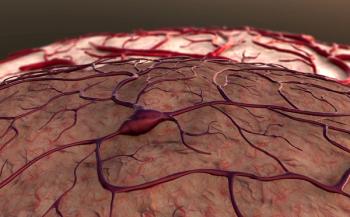
Intriguing research is helping to shape our understanding of the functional connectivity and brain structure of migraineurs.

Highlights of the first large study to describe the characteristics of post-traumatic headache and treatment response in children are summarized here.
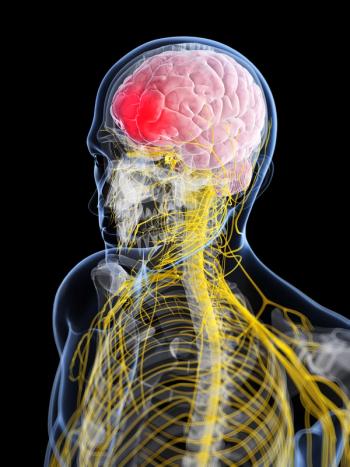
A novel drug-device may not only be a promising non-oral triptan acute migraine treatment, but may be more efficacious than its oral counterpart.
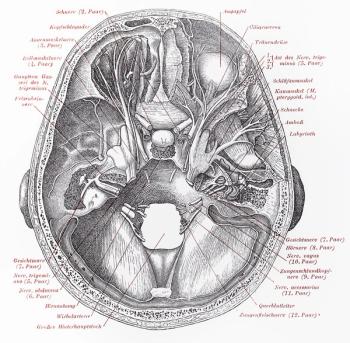
The SPG is a promising target for migraine treatment, but robust evidence of efficacy for routine use of noninvasive device–mediated SPG blockade is needed.
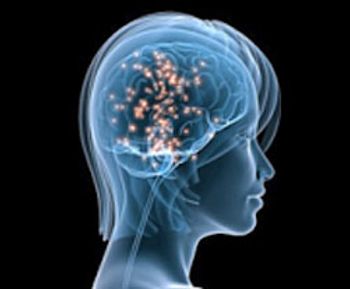
Efficacy of acute medication matters beyond just treating a single migraine. It may increase the risk of worsened disease.

Despite butterbur’s potential efficacy, doubts are increasing about its long-term safety given of the risk of liver damage and the lack of an actively regulated preparation.
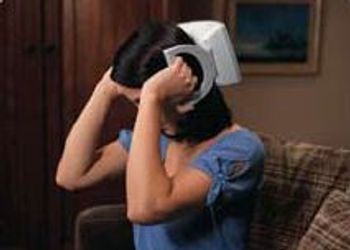
Transcranial magnetic stimulation is a promising, effective, well-tolerated and safe treatment option for migraine with and without aura, episodic or chronic.

Knowing the direction of the headache's origin, while clinically difficult to ascertain on a consistent basis, has shown some predictive value for migraines.

Here: highlights from a systematic review that these authors view as a substantial step forward in establishing an evidence-based approach to migraine treatment in the acute care setting.

This FDA-approved treatment for migraine is a welcome alternative for patients who have significant medication intolerances or who wish to try a non-pharmacologic approach to treatment.

Published: July 30th 2014 | Updated:

Published: September 2nd 2014 | Updated:

Published: October 17th 2014 | Updated:

Published: January 28th 2015 | Updated:
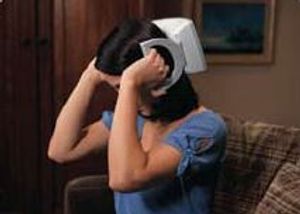
Published: January 9th 2015 | Updated:
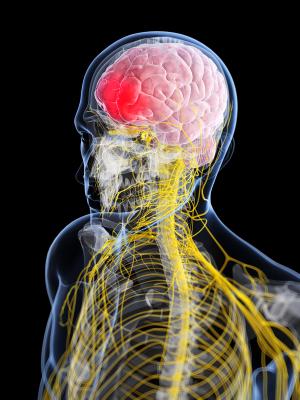
Published: April 23rd 2015 | Updated: